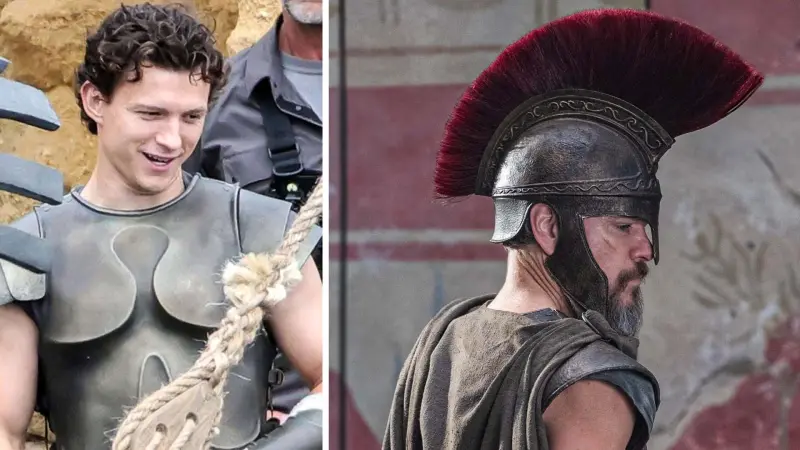The sale of more than 249 hectares of land on Facebook Marketplace has generated debate in Yucatan and throughout Mexico.
Inside the Xkipche Archaeological Zone, a listed monument in the state of Yucatán's Archaeological Atlas, the property, which was marketed on social media, features the remnants of historic Maya buildings.
The National Institute of Anthropology and History (INAH) is suing the private seller of the Yucatan peninsula of Mexico's Mayan monuments in response to this sale.
The location is being sold as a "ranch," with "18 paddocks," and is "placed ten minutes from the archaeological zone of Uxmal and contains pyramids," according to a Facebook group post by the current owners of the land.
Also, they claimed that between 1990 and 1997, academic institutions had previously researched the area, as did archaeologists from Germany's Bonn University who had collaborated with INAH from 2002 to 2004.
The asking price of the property is 18 million pesos, or nearly $1 million USD.
Yucatán Magazine reports that the INAH is currently preparing to file a lawsuit to block the sale and maybe expropriate the property.
The INAH Yucatán Center's director, José Arturo Chab Cárdenas, announced that the owners of the property in question will face legal action for commercializing historical sites.
According to the advertisement, the sale would set a precedent, allowing for the private selling of archaeological sites for profit, and putting the country's cultural heritage in peril. This fury was expressed on social media and in national headlines throughout Mexico.
Reconstruction work on the Xkipche site began in the late 1990s, and it was finished by the INAH in 2004 with the aid of archaeologists from Germany's Bonn University.
Although it is not against the law to own property that contains archaeological relics in Mexico, it is not possible to sell any relics because they are all federal government property and cannot be sold. The same holds true for areas of land with rivers, lakes, or cenotes because, according to Mexican law, all waterways are considered to be public property.
There are many well-known archaeological sites in the Puuc region that are accessible to the general public, such as Uxmal, Kabah, Sayil, and Labna, but there are also many others, the majority of which are on private or ejido land.









